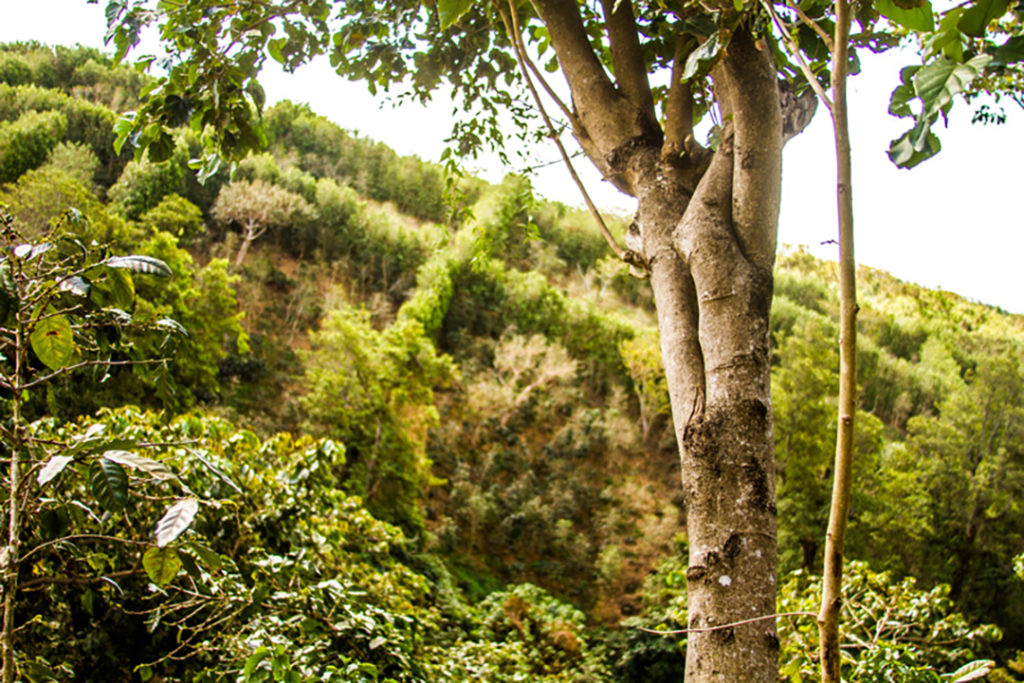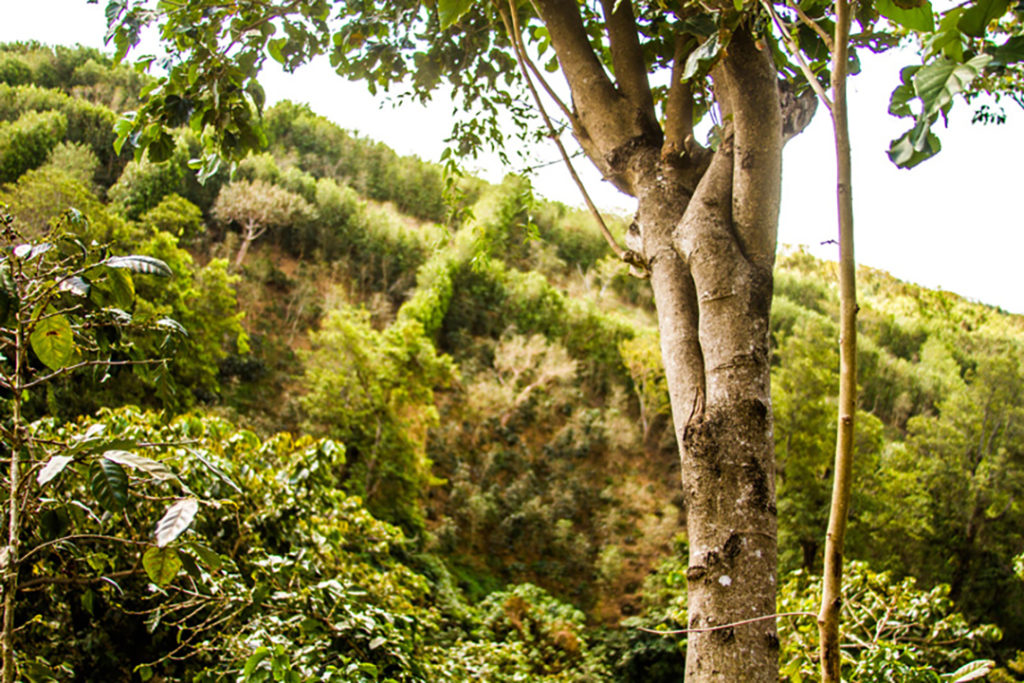
Bahamas
Cascarilla
Croton eleutaria

General Description/Cultural Significance
The small Cascarilla tree, Croton eleutaria, is found throughout the Bahamas where it is a native plant species. Its fragrant, yellowish brown bark is used in the making of Campari and is exported to several countries. The bark contains essential oils which include a list of aromatic terpenes. The islanders also make a tincture from the bark and use it as a tonic. The leaves can be used to create digestive tea and the bark can be used to create black dye.
Climate Change/Conservation Status
The Bahamas is a country of small islands, most of which are uninhabited, and Bahamians live in a close symbiotic relationship with its land and sea. The nation of islands is facing urgent circumstances because of climate change. Ocean acidification, sea surface temperatures and rising sea levels are challenges that are overwhelming. They know that if the sea levels rise 1.52 meters (5 feet), eighty percent of their country will disappear. Detailed projections for the Bahamas predict a rise in atmospheric temperature, reduced annual rainfall and rising sea temperatures. These effects are already being felt in the intensity and frequency of tropical storms, coastal erosion, flooding and loss of life.
The economy centers on tourism and this makes the country vulnerable to the adverse impacts already taking place, as they are dependent on their marine resources. What happens to the ocean, such as increased acidity, warmer temperatures and ailing coral reefs impacts all of those on the island, the fishermen, the economy and the people.
A U.N. Commission has said that, “If the projected sea level rise is reached by 2050, between 10-12% of territory will be lost, especially in coastal zones where the main tourism assets are located.”
Despite the Bahamas’ extreme vulnerability to climate change, the government is working to increase the production and expand the use of cascarilla. It has formed strategic partnerships to conduct scientific and anecdotal research on the plant and to construct new cascarilla oil processing facilities. Special attention is being given to the soil makeup that the plant grows best in. The most important objective of their plans is to foster sustainable propagation of the plant and diversify the locations of their processing facilities.
Despite these admirable advances in conservation of the cascarilla, many organizations consider the Bahamas to be one of the most vulnerable countries to the effects of climate change and also one that does not have the measures in place to stave off the worst effects as long as possible.
Alternate Names
Sweetwood Bark
Sweet Bark
Bahama Cascarilla
Elutheria
Clutia Eleuteria
Cascarillae Cortex
Cortex Thuris
Aromatic Quniquina
Sources
Stephanie Wray for Cordell Thompson, Ministry of Tourism, Nassau, Bahamas. This statement can be found on the World Sensorium original website.

